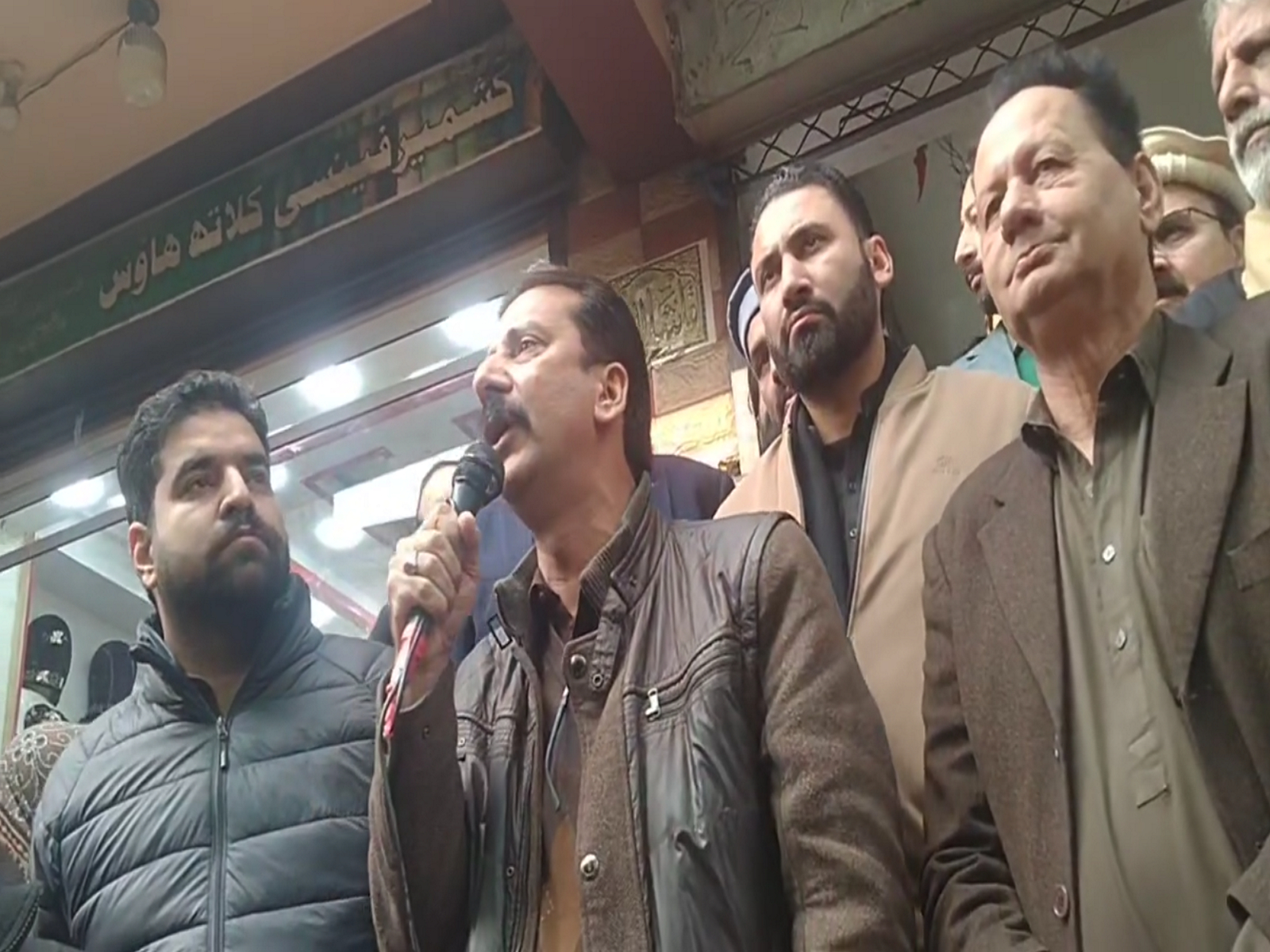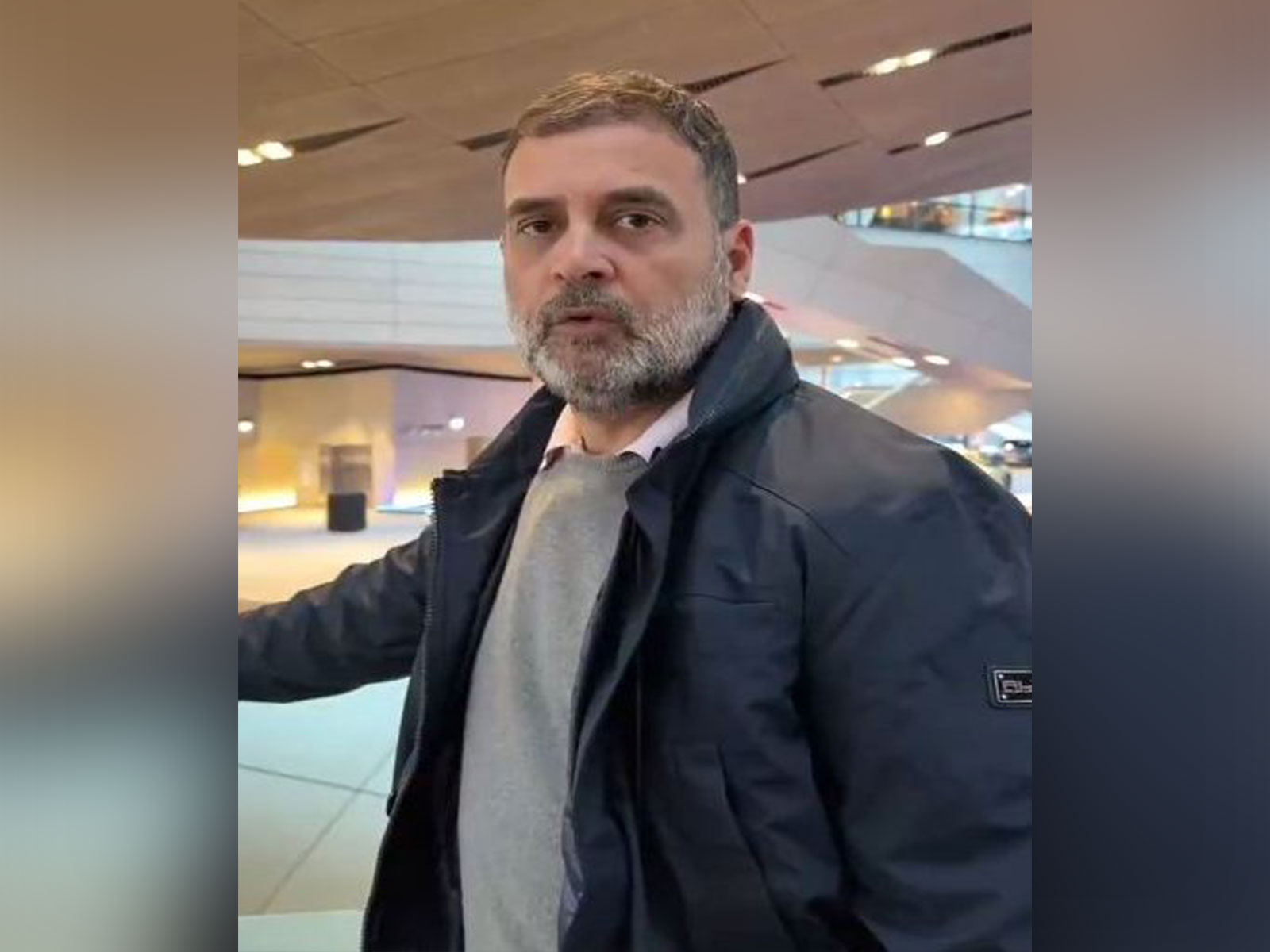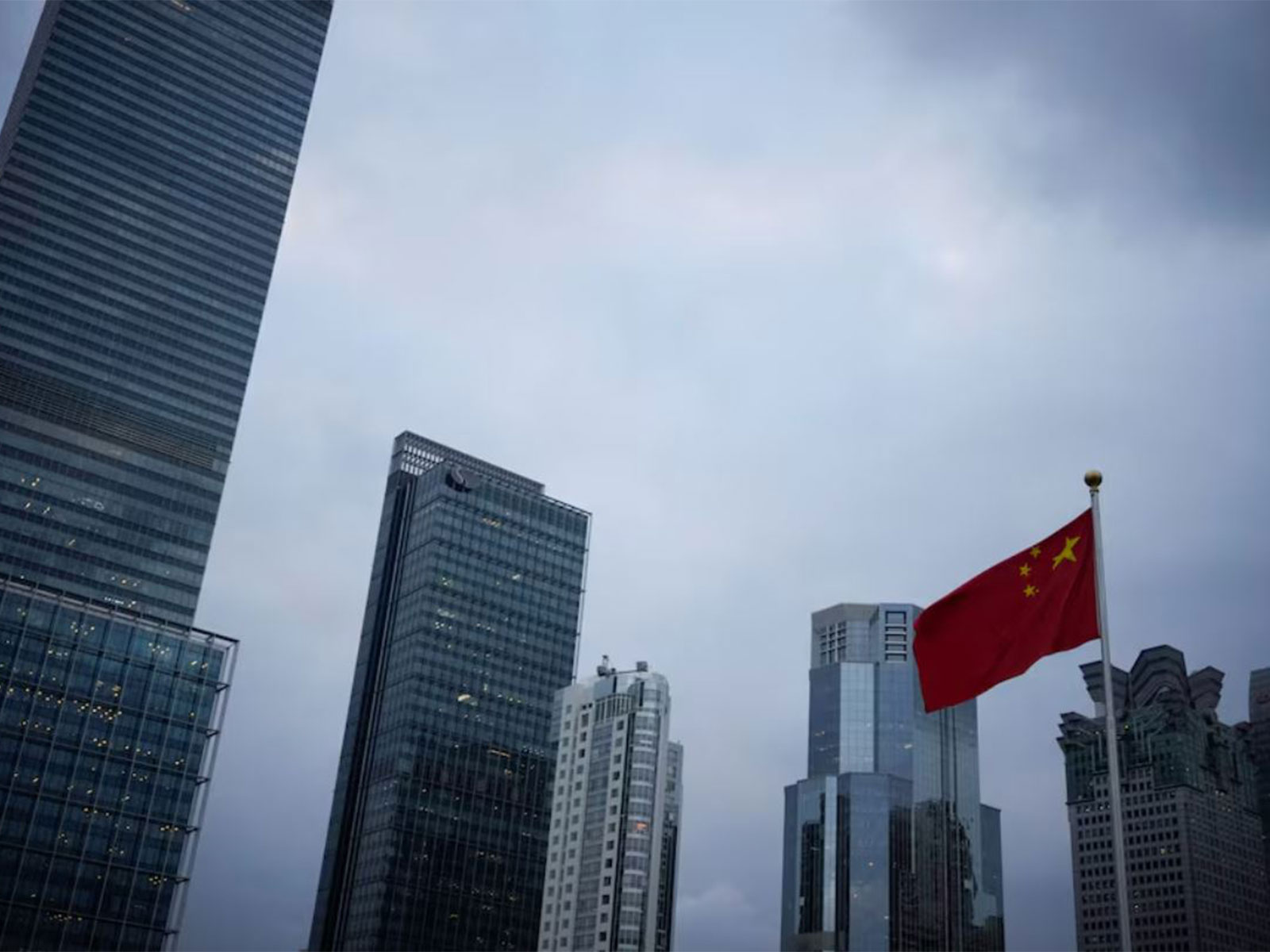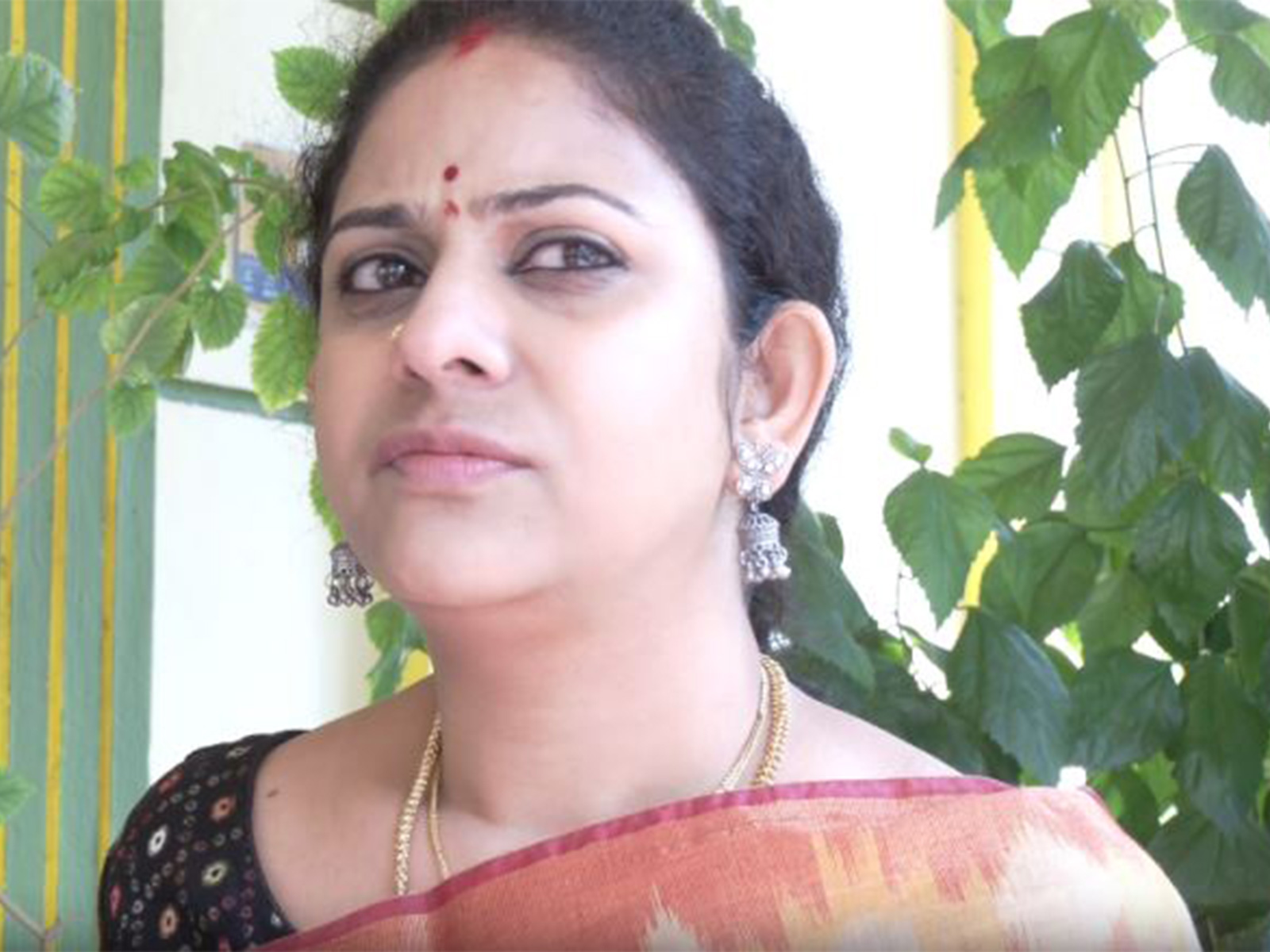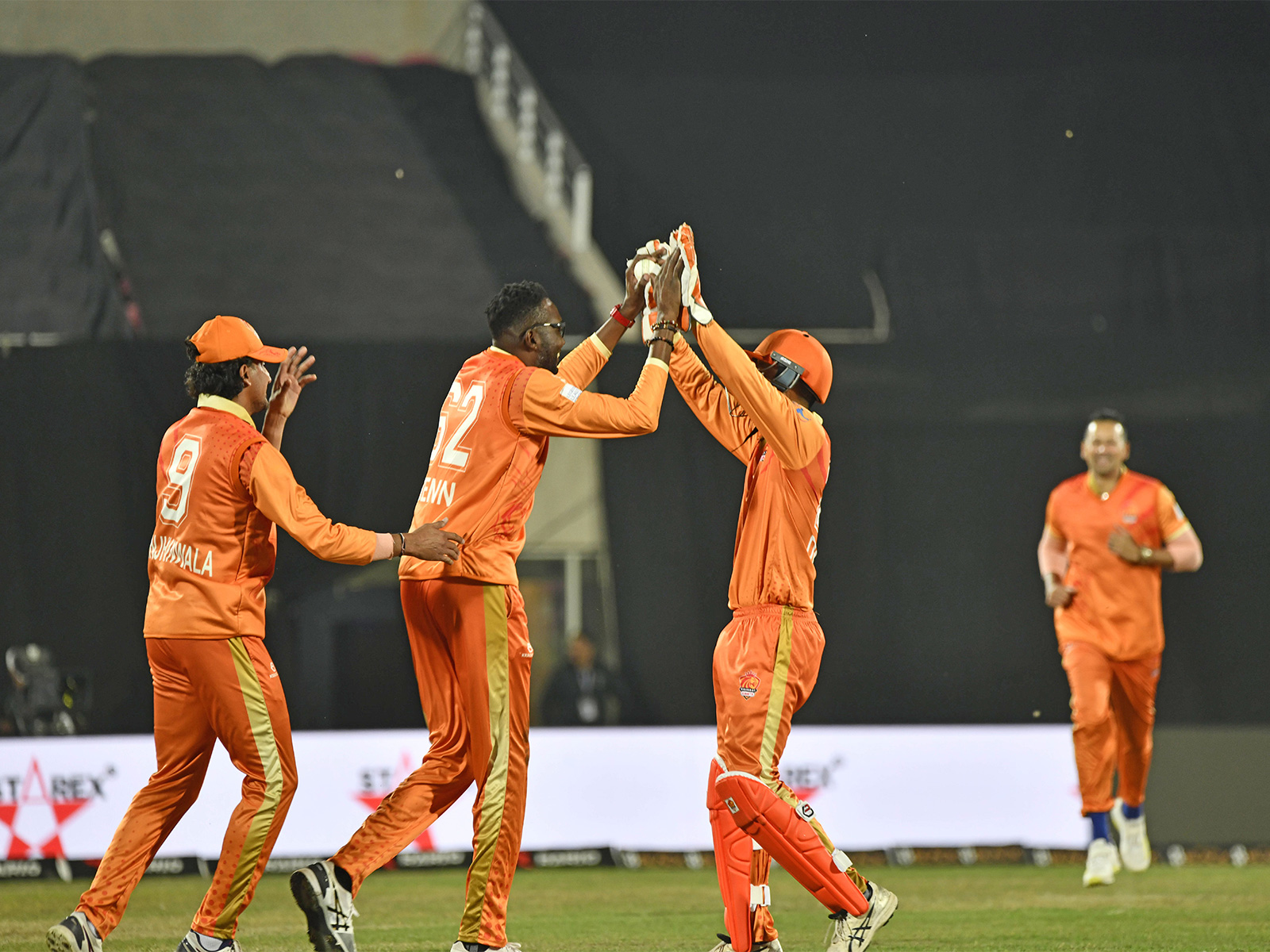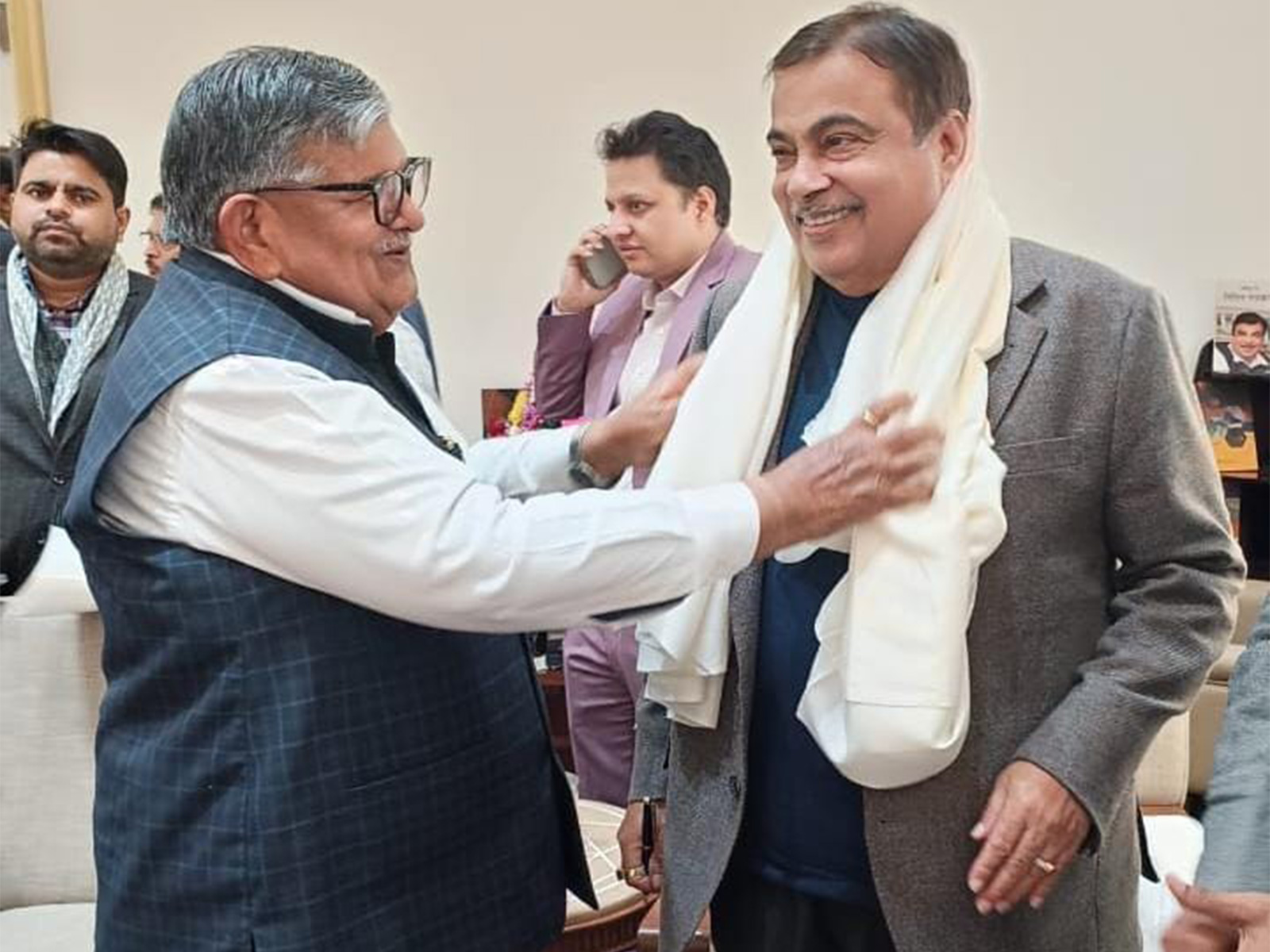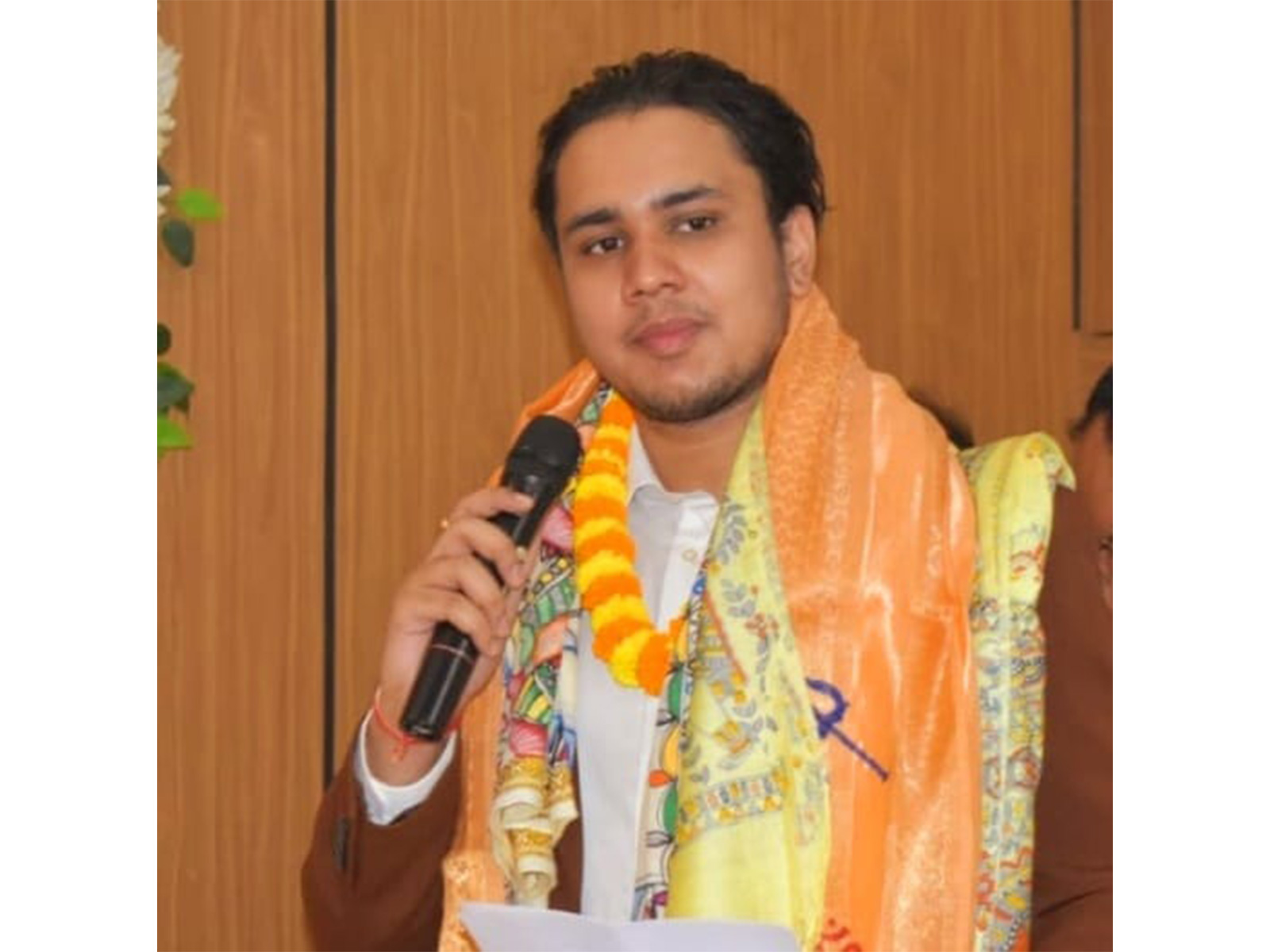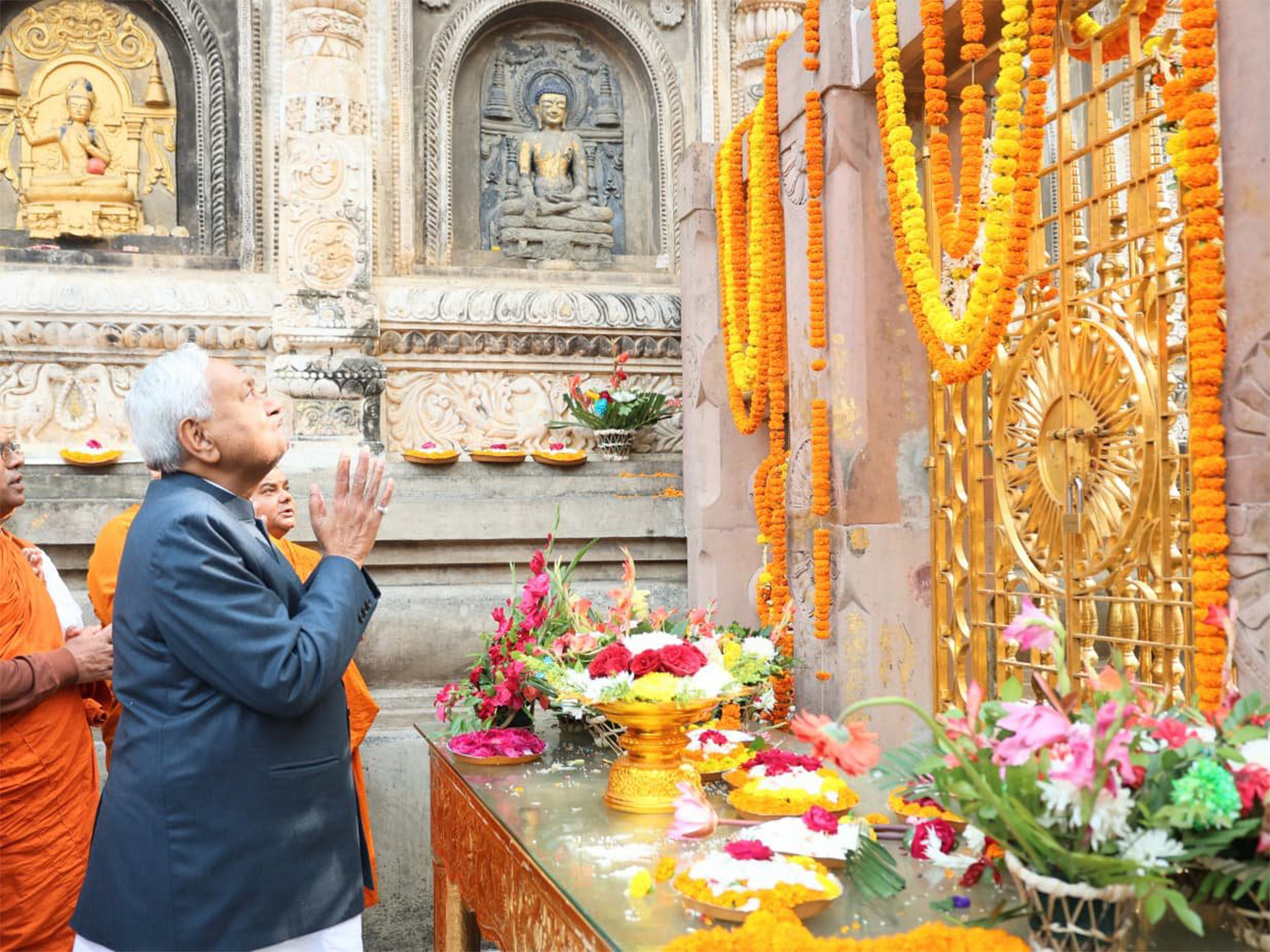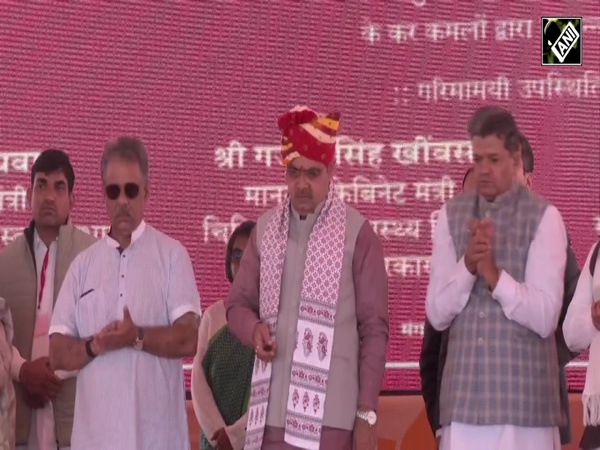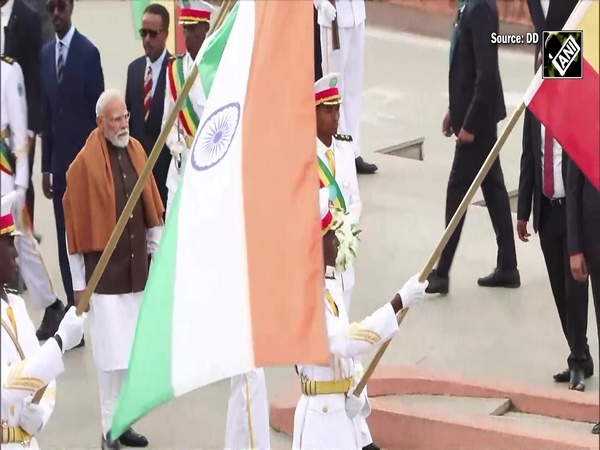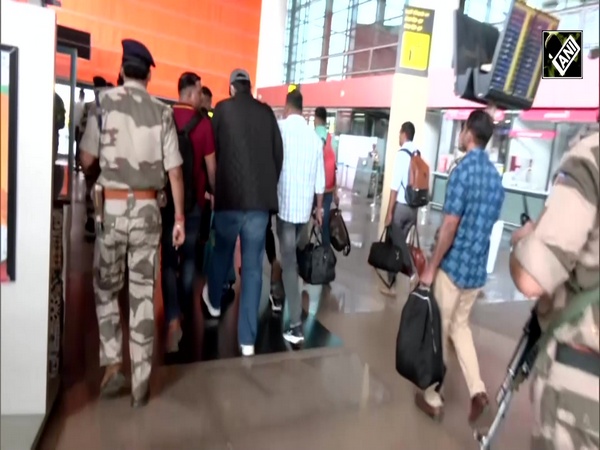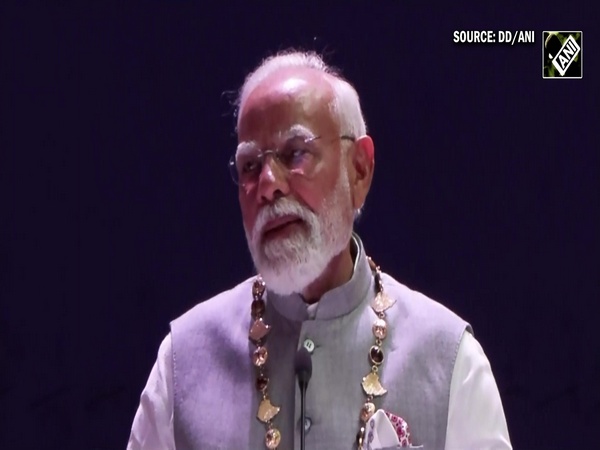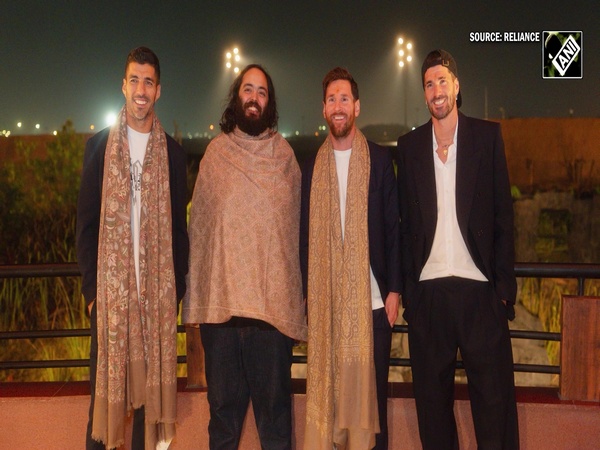French YouTuber 'offered cash to spread COVID-19 vaccine disinformation'
May 26, 2021

Paris [France], May 26 : A YouTube blogger, Leo Grasset from France, has claimed that a UK-based PR company offered him money to spread COVID-19 vaccine disinformation to his 1.17 million subscribers.
Grasset, who goes by the name "DirtyBiology" online, shared e-mails with Euronews that show a proposition from someone claiming to work for a UK-based PR company.
They refer to an opportunity regarding an "informational campaign" and ask the blogger to push false claims either on Youtube, TikTok or Instagram that the Pfizer COVID-19 vaccine is three times more lethal than the AstraZeneca one, reported Euronews.
The company also wanted him to question why the European Union and governments were buying the Pfizer vaccine in large quantities and told him to discourage people from believing mainstream media.
The firm did not want the videos to be branded nor did they reveal the name of the client behind the project.
Grasset, who plans to get his COVID-19 vaccine as soon as he is eligible, told Euronews "One of the main points of this campaign was to act as if I was discovering something myself that the media would not cover... because there is this huge plot."
A brief sent to Grasset from the person claiming to work for a PR company, and seen by Euronews, read: "Do not use the words 'advertising', 'sponsored video', etc. in your posts, stories and videos! They should look like an advice to the audience.
"Present the material natively. Act like you have the passion and interest in this topic. Present the material as your own independent view."
Grasset claimed that the London address given by the agency is not accurate, nor is the firm registered as a UK company, reported Euronews.
"All employees have weird LinkedIn profiles... which have been missing since this morning. Everyone has worked in Russia before," Grasset tweeted on Monday.
"There is no regulation whatsoever, there is no institution that watches what we [influencers] are doing... so I hope this will shed some light on the problem," Grasset told Euronews.
"We [influencers] have a responsibility, we have audiences we can manipulate - like it or not."

